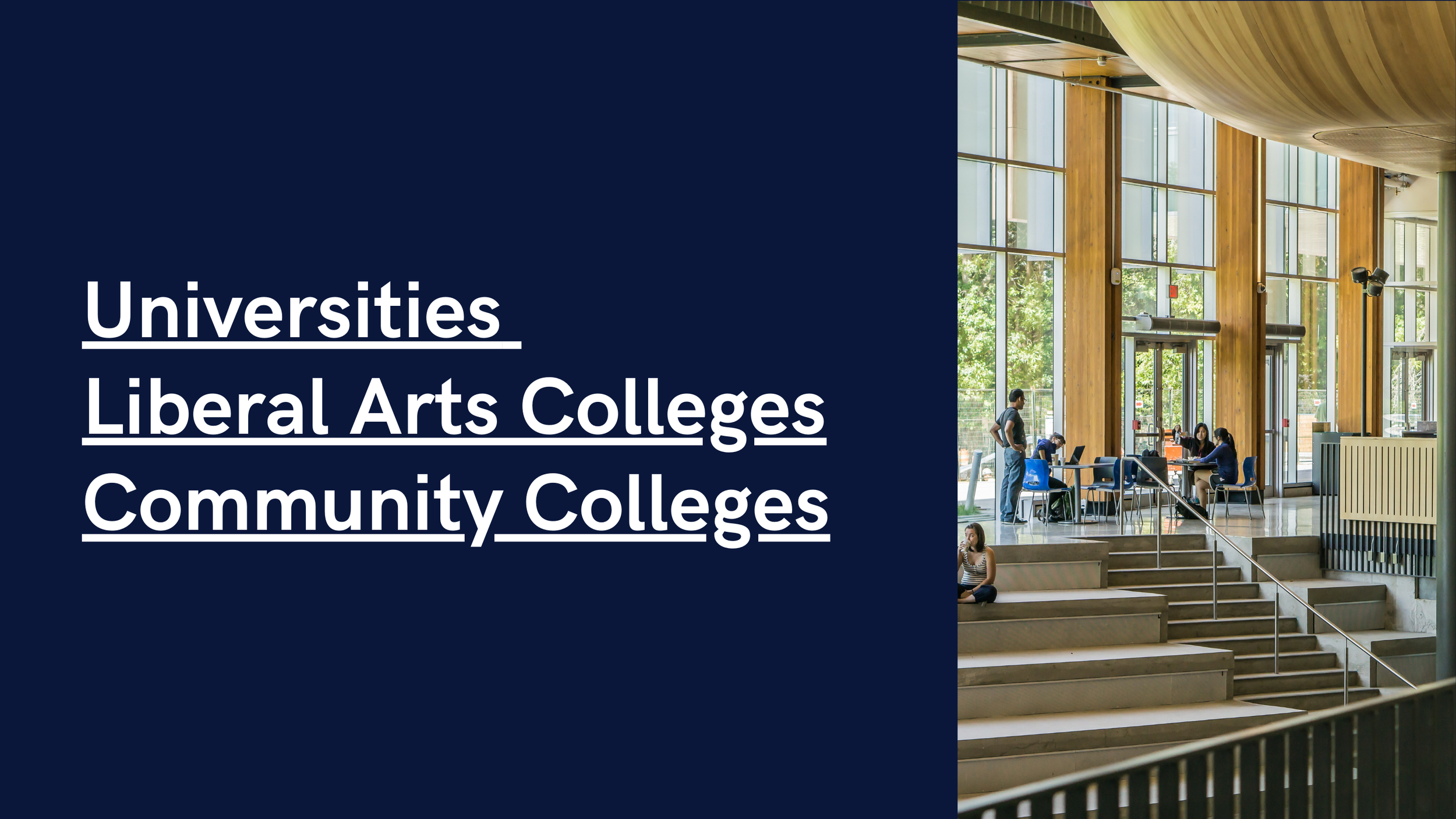Gone are the days when aspirations were binary, today, there is more to education than medicine or engineering. Universities across the world are now offering a wide range of the unusual, the unexpected, and sometimes even the bizarre. Not every student was made to study physics. So if you don’t understand string theory, but know exactly which strings to pull… the puppet arts might be your calling! Here are some of the quirkiest majors that might raise some brows, but will definitely be worth it (both during and after university)!
1. Some folks have a sweet tooth, but others enjoy sour fruit. If you’re heavy on the lemon, you might want to consider a Bachelor of Science in Citrus and Horticultural Studies at the Florida Southern College. This program has consistently produced graduates who are leaders in the citrus industry. But there is much more to this program than all things sour. This major equips its students with hands-on experience across a wide spectrum of agricultural and horticultural practices. It also opens up interdisciplinary avenues allowing students to move forward and focus on business, biotechnology, and even graduate school! So, when life gives you lemons… turn them into a degree!
2. You have probably only come across bagpipes in movies or television. You have probably encountered them while watching Brave, or Dune, or Downton Abbey. You have probably never considered them a career prospect. You would be wrong! Bagpiping has been a long standing celebratory tradition at Carnegie Mellon University, and they even offer a major in Bagpipe Performance! If you find the skirl of the bagpipe beckoning to you, head over and join the world championship winning Carnegie Mellon Pipes and Drums band! As an added bonus you will get to learn under the directorship of Andrew Carlisle, one of the finest bagpipe players in the world.
3. Southern Illinois University offers a major that will definitely make you feel like Sauron, when he forged the one ring. But, the BFA in Metalsmithing offered here will allow you to create so much more than just rings (although, it may not turn you into an evil overlord). If conventional visual arts is not giving you what you need, Southern Illinois University might just be the place for you. Here, you will be able to utilise fire and metal to forge long lasting creations (much like Sauron’s ring of power). Even after university, a focus on metalsmithing has created exciting avenues for its graduates as successful independent artists and as academics working with museums.
These are just a small sample from a much longer list of unconventional majors. We are living in a world full of possibilities, the horizons have never been wider. All that remains is for you to follow your heart, steel your resolve, and be open to possibilities— your niche is out there, waiting to be found and mastered!
























